
LAW RELATING TO PATENTS
CO1: Examine of patentability of inventions under various jurisdictions.
CO2: Describe and identify the procedures for a patent application, recognise the infringements and choose remedies for the same.
CO3: : Evaluate the functioning of the systems within the patent regime which foster access to medicines

POL-PUB CC-511 THEORIES AND CONCEPTS OF PUBLIC ADMINISTRATION 2023
PREFACE
This course is offered as a core paper for First Semester Students of M A Political Science and Public Administration . The course analyses the evolution, major theories and ongoing debates in the discipline of Public Administration. It enables the student to develop an understanding of the contemporary approaches, theories and paradigm shifts in the field of public administration.

LAW CC 524 BASIC PRINCIPLES OF INTELLECTUAL PROPERTY RIGHTS
Course Outcomes:
CO1: Critically analyse the theoretical and philosophical underpinnings of the Intellectual property system
CO2: Use constitutional foundation for legitimizing Intellectual Property
CO3:Identify the relationship between IP and Human rights
CO4 : Compare the IP and competition regime and analyse its compatibility
CO5:Evaluate the practical implications in the attempts to harmonize IPR Standards.
CO6:Evaluation of IP regime in India

GENDER AND LANGUAGE
This is a two-credit elective course. This course deals with gender, how gender differences reflect in language, and how language constructs different femininity and masculinity. The topics covered include biological sex and social gender, the various social roles of genders, and how these are manifested in language structure and language practices like discourse and conversation strategies etc.
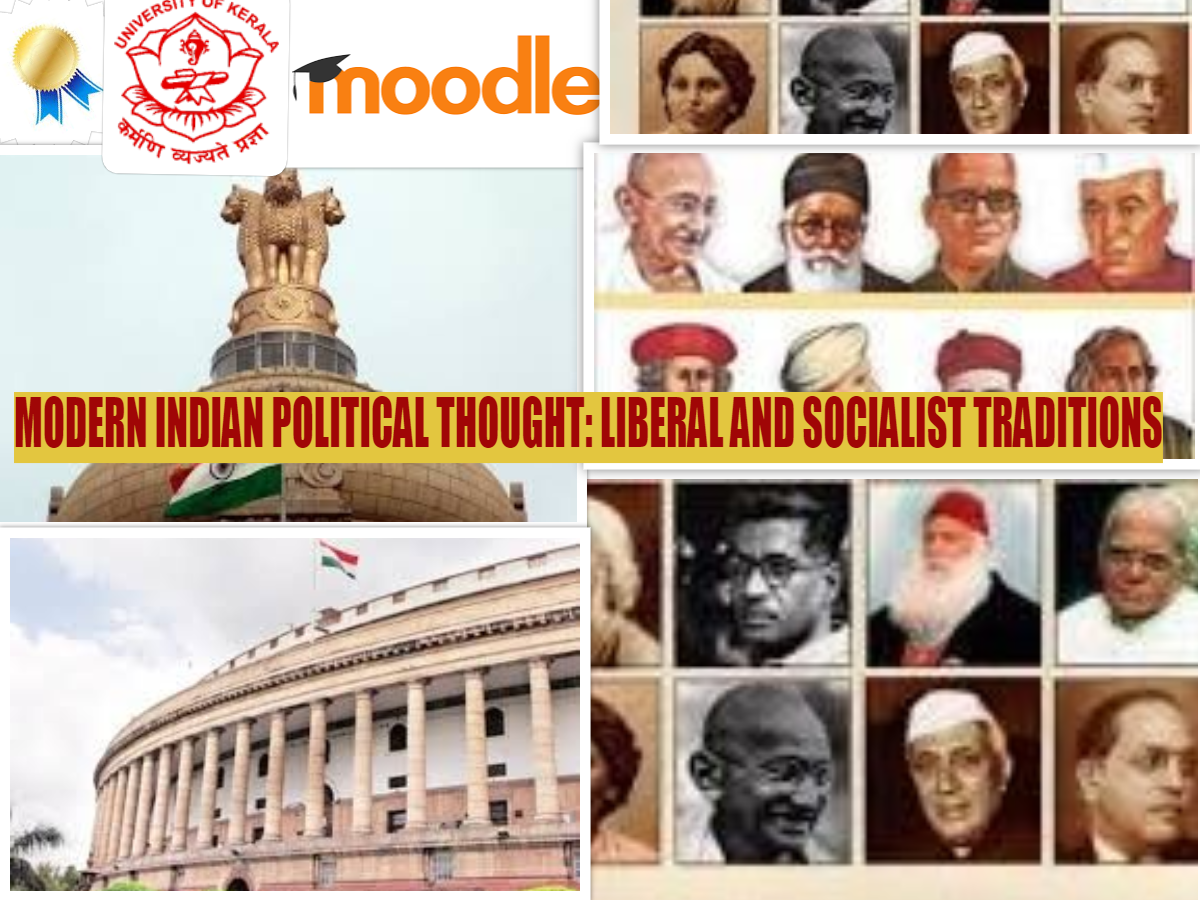
POL-DE -516- MODERN INDIAN POLITICAL THOUGHT- 2022
INTERNAL ELECTIVE PAPER ON
MODERN INDIAN POLITICAL THOUGHT: LIBERAL AND SOCIALIST TRADITIONS
Course OverviewModern Indian political thought is one of the interesting areas of scholarly debates and discussions in contemporary India. It also signifies a shift away from excessive reliance upon Euro centric views, methods and concepts to study and interpret Indian society and polity. The major objective of this course is to introduce the students to identify and analyze the liberal and socialist political tradition of India. This course also comprehends the recent trends and issues in Indian political thought and assess the relevance of liberal and socialist political philosophy in the present era.

PUB DE 526- GOVERNANCE IN KERALA
GOVERNANCE IN KERALA
Course Learning Outcomes:
CO1- Introduce and analyze the concept and dimensions of governance
CO2- Understand and observe the history of Governance in Kerala from pre-independence to the passage of 73 rd amendment Act
CO3- Comprehend and describe the constitutional and political framework of Governance
CO4- Evaluate the achievement and challenges of the Kerala Model of Development and
assess the role of women and civil society in the decentralized governance of Kerala
CO5- Delineate and assess the performance of people’s planning programmes which facilitate decentralized governance in Kerala
CO6. Interact with the different stakeholders in the local Government Institutions and review the performance of diverse activities
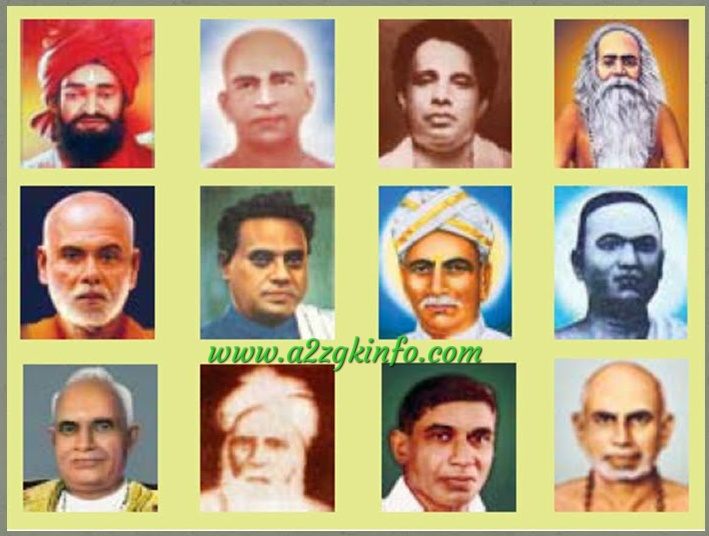
Social Reformers and Kerala Philosophy
The course is designed with the objective of introducing the social reformers and philosophers of Kerala to the students. It highlights on the various philosophical backgrounds with which the thinkers have addresses the various social problems and how they could find solutions for them.

Modern Indian Thoughts
This course examines the chief features of philosophical dynamics of contemporary Indian thinkers. Various philosophical explanations like universal religion, integral yoga, human destiny, radical humanism, freedom and self-knowledge, democracy, neo-buddhism etc., introduced in this course.
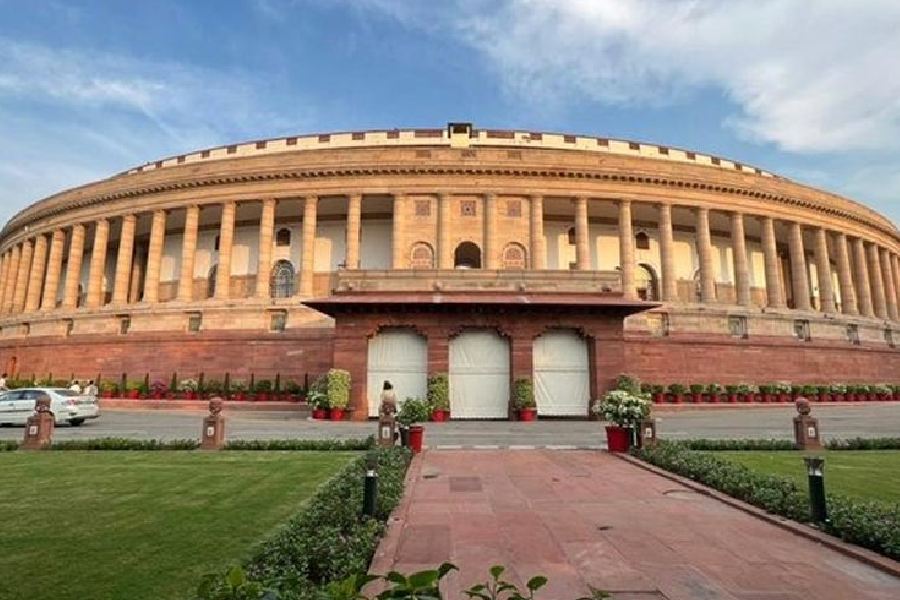
POL CC/PUB CC 521- 2024 ISSUES IN INDIAN ADMINISTRATION
Course Status : | On-going | |
Course Type : | Core | |
Duration : | 15 weeks | |
Start Date : | 01 March 2024 | |
End Date : | 30 AUGUST 2024 | |
Exam Date : |
| |
Enrolment Ends : | April | |
Category : | Political Science and Public Administration | |
Credit Points : | 4 | |
Level : | Postgraduate |

GRAMMATICAL STRUCTURE OF MALAYALAM
The objectives of the course are, to understand the history and evolution of Malayalam language.
To expose the students to the grammatical structure of the Malayalam language,
to understand the characteristics of Malayalam in the early periods and the Structure of Malayalam in Liilathilakam, to Learn the development of the Malayalam writing system and Script and
to identify the influence of other Languages on Malayalam.
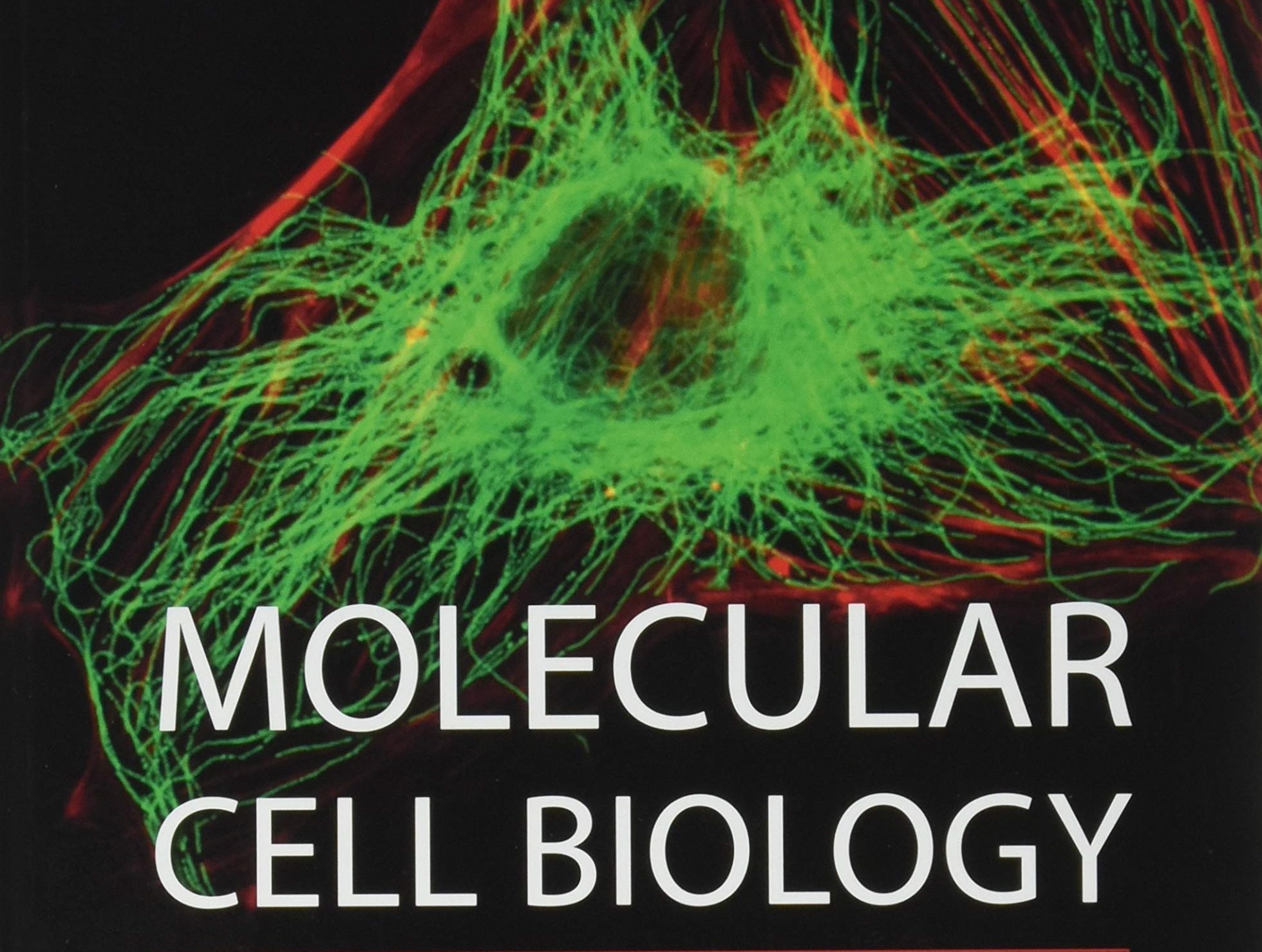
MSc S3- MOLECULAR CELL BIOLOGY
AIM: To impart knowledge on molecular mechanisms which are the foundations of biological processes in cells and organisms, with an emphasis on eukaryotic cells.
OBJECTIVE: The major objective is to make students aware of the fundamental features of
prokaryotic and eukaryotic cells, the structure, composition, and role of eukaryotic cell
membranes and major cell organelles, components of the extracellular matrix, different types
of cell-cell junctions, specific processes and proteins involved in membrane transport, the
major stages of the cell cycle and apoptosis and its regulation, intercellular chemical
messengers, receptor subclasses and their possible uses in cell signaling.
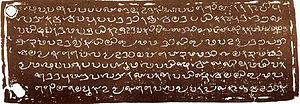
പ്രാചീനസാഹിത്യം
ലയാളസാഹിത്യത്തിന്റെ പ്രാചീനഘട്ടസ്വഭാവം പഠിക്കുകയും സാഹിത്യത്തിന്റെ ആദ്യഘട്ടത്തിലെ വാമൊഴി വരമൊഴി വ്യത്യാസം എന്താണെന്ന് തിരിച്ചറിയുകയും ചെയ്യുക. പാട്ട് മണിപ്രവാളം എന്നീ രണ്ടു ഭാഷാസാഹിത്യരൂപങ്ങളുടെ സവിശേഷതകളും അതിൽ തെളിയുന്ന സാംസ്കാരികവിവക്ഷകളും തിരിച്ചറിയുക. സാഹിത്യത്തിന്റെ സാംസ്കാരികപരിപ്രേക്ഷ്യം ആദ്യഘട്ടം മുതൽ തിരിച്ചറിയുക എന്നതാണ് ഈ കോഴ്സിന്റെ പ്രാഥമിക ലക്ഷ്യം.

LAW CC513 LEGAL EDUCATION & RESEARCH METHODOLOGY
Course Outcomes:
CO1: To Identify and familiarize with basics of research and the research process.
CO2:To develop adequate knowledge in the different classification of research and enable in utilising in the research activity at various platforms.
CO3:To discuss and justify the basic components of the research design relevant to tackle a research problem by framing a hypothesis.
CO4: To impart knowledge for enabling students to develop data analytics and meaningful interpretation of data to solve a Research problem
CO5:Evaluate the practical implications in realising a credible legal research
CO6:To familiarize students in conducting research work and formulating research synopsis and report.


